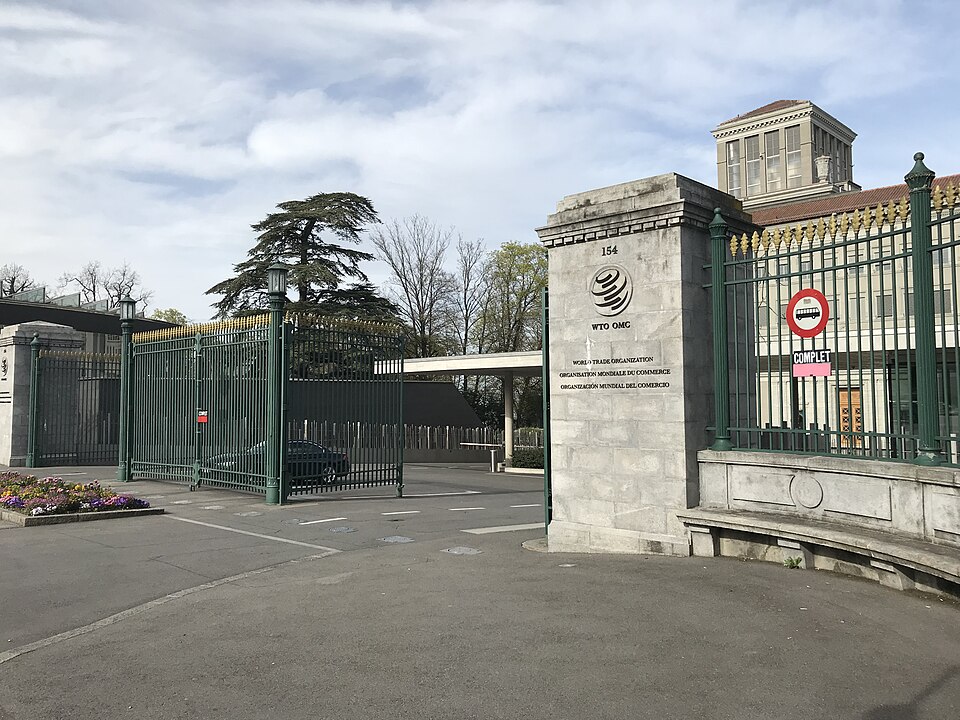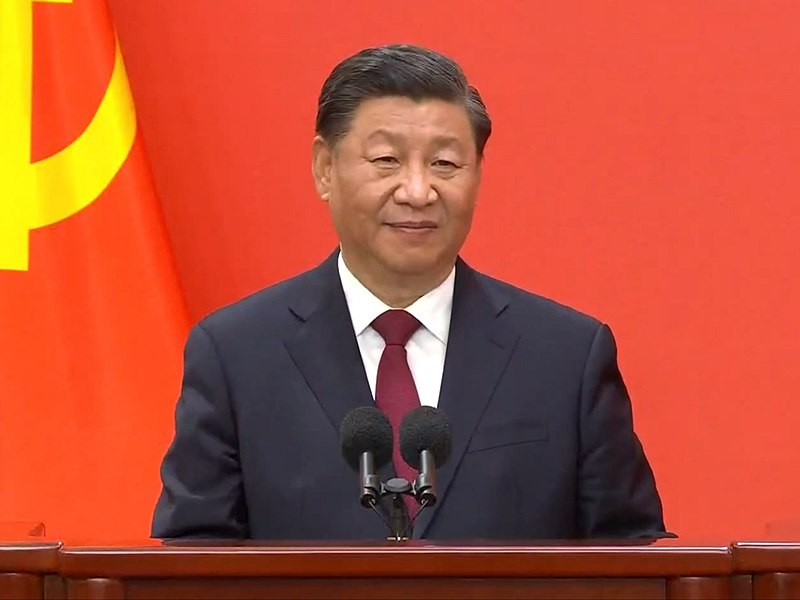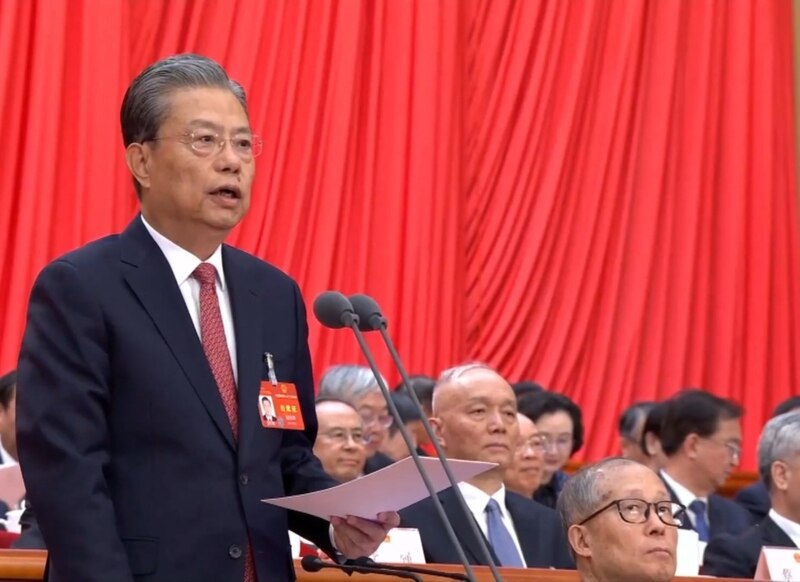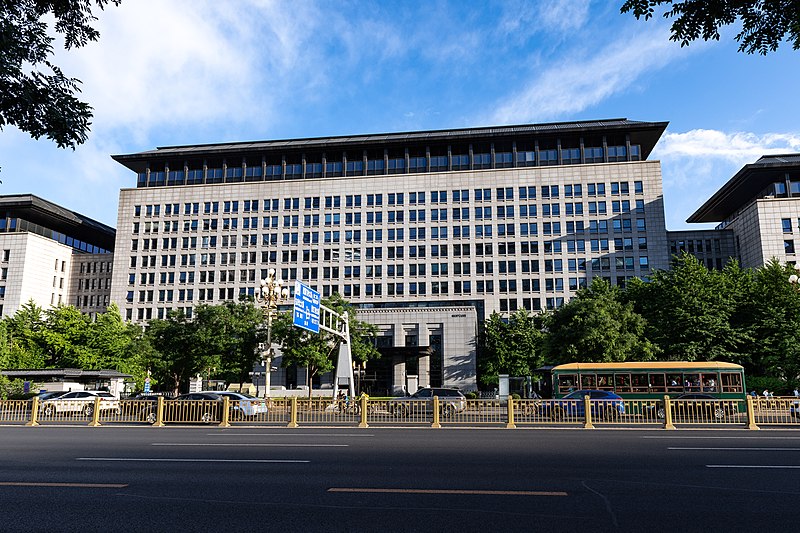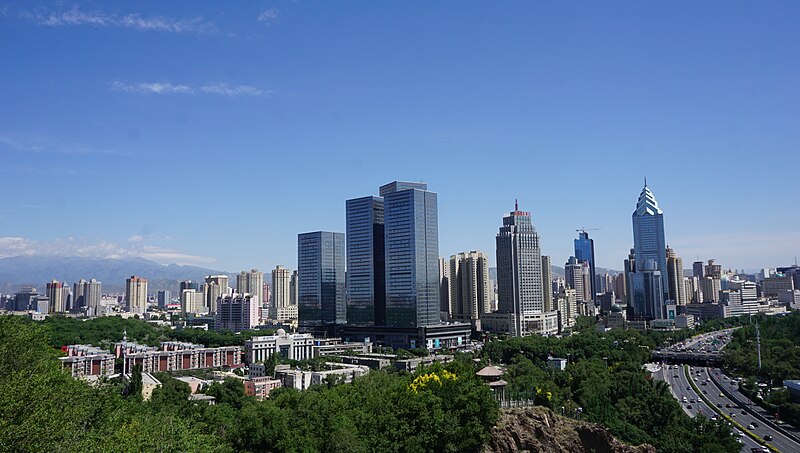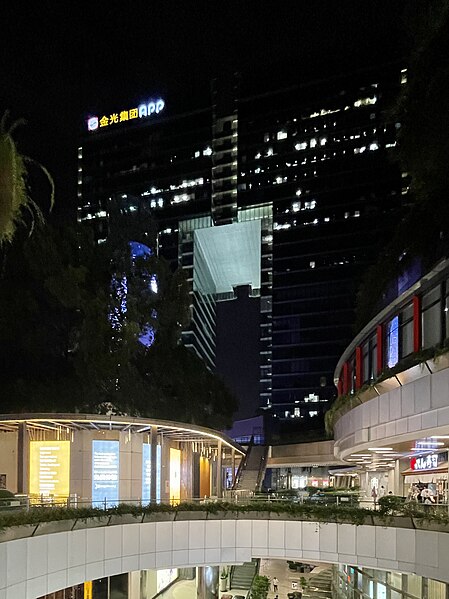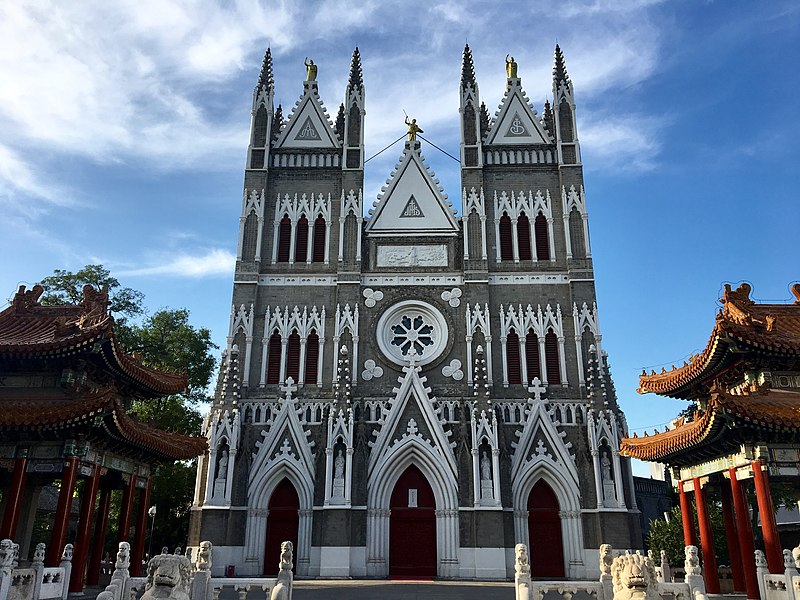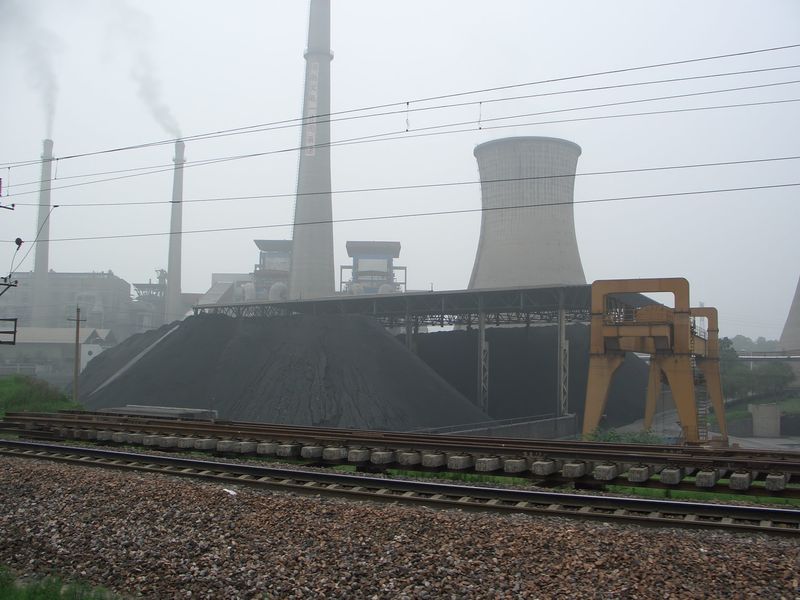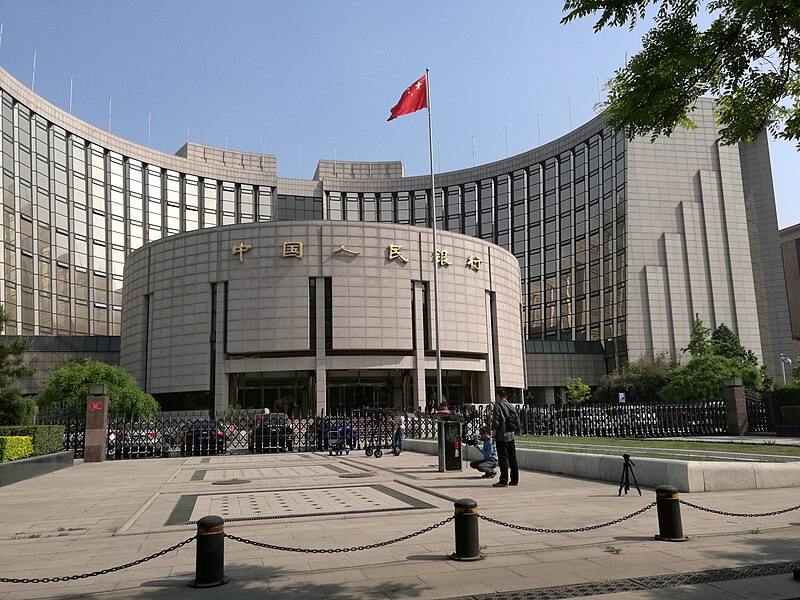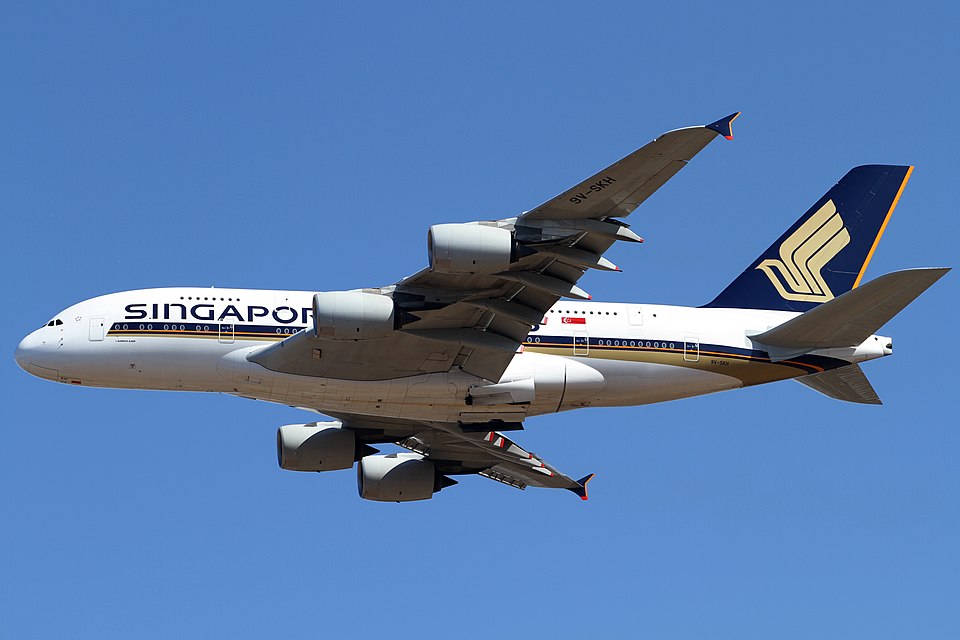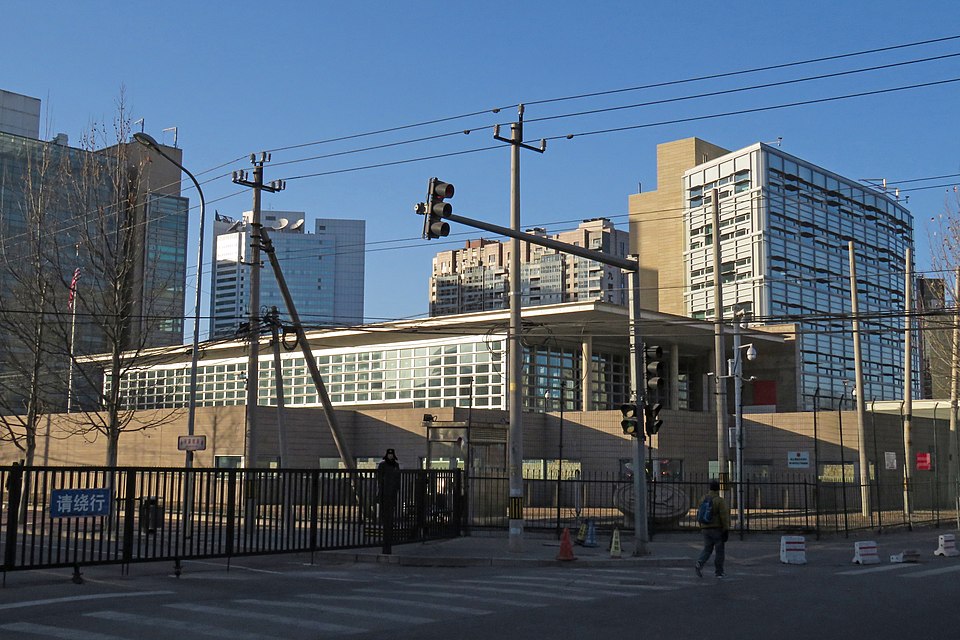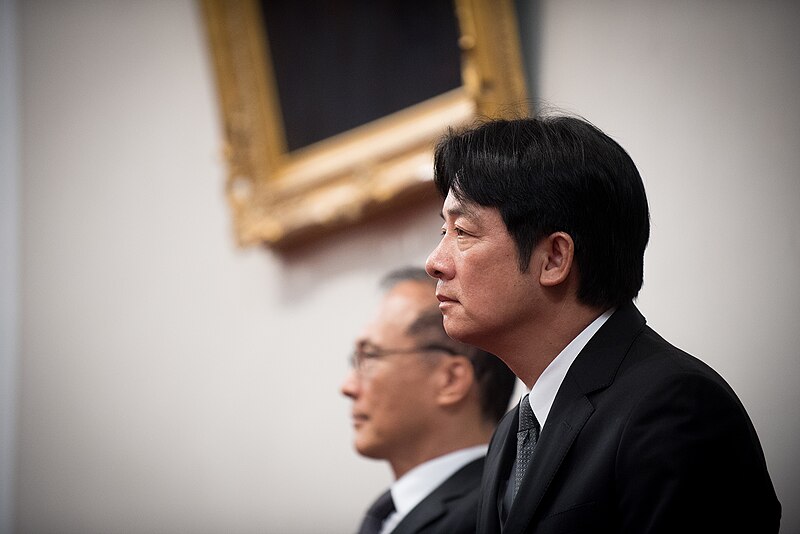
China has initiated large-scale military drills around Taiwan, branding them as "punishment" for so-called "separatist acts," shortly after the island's new democratically
elected leader, Lai Ching-te, was sworn in and urged Beijing to halt its intimidation tactics.
Military Maneuvers
The exercises, which commenced early Thursday, involve dozens of Chinese fighter jets carrying live ammunition, conducting mock strikes on "high-value military targets" alongside destroyers, frigates, and missile speedboats, as reported by China's state broadcaster CCTV. These drills mark a significant challenge for Lai Ching-te as he navigates relations with the island's powerful authoritarian neighbor.
Background and Context
The Chinese Communist Party claims Taiwan as part of its territory, despite never having governed it, and has vowed to seize the island by force if necessary. The People's Liberation Army (PLA) announced that it launched joint drills involving the army, navy, air force, and rocket force around Taiwan at 7:45 a.m. on Thursday.
Drill Locations
The drills are being conducted in the Taiwan Strait and north, south, and east of Taiwan, including areas around Taiwan's outlying islands of Kinmen, Matsu, Wuqiu, and Dongyin, which are close to China's southeastern coast. PLA Naval Colonel Li Xi, spokesperson for the Eastern Theater Command, described the exercises as "a strong punishment for the separatist acts of Taiwan independence forces and a serious warning against interference and provocation by external forces."
Taiwan's Response
A senior Taiwanese security official told CNN that as of noon Thursday, the island had detected around 30 Chinese aircraft, most of which crossed the Median Line into Taiwan’s air defense identification zone (ADIZ). The Chinese military also deployed about a dozen warships around Taiwan and Coast Guard vessels near Taiwan’s outlying islands. Taiwan has responded by deploying its own warships to monitor the situation, though no Chinese aircraft carriers have been involved in the drills so far.
Political Reactions
Beijing has expressed strong disapproval of Lai Ching-te, labeling him a "dangerous separatist" due to his support for Taiwan's sovereignty and distinct identity. Lai, who succeeded two-term president Tsai Ing-wen, called on China to stop intimidating Taiwan during his inauguration speech.
Taiwan’s Defense Ministry condemned China’s drills as "irrational provocations and actions that undermine regional peace and stability," and stated that it had deployed sea, air, and ground forces in response. The ministry affirmed, "We seek no conflicts, but we will not shy away from one. We have the confidence to safeguard our national security."
Public and Economic Response
Despite the military activities, daily life continued as usual in Taipei, with residents largely accustomed to the threat of China's war drills. Taiwanese news outlets covered the drills, but they were not the sole focus, sharing space with local political news and tax season information. Meanwhile, Taipei’s main stock index, the TAIEX, was up 0.26 percent in mid-afternoon trading.
This ongoing situation highlights the tense and complex dynamics between Taiwan and China, as well as the broader implications for regional peace and stability. Photo by w:en:Presidential Office Building, Taiwan, Wikimedia commons.

